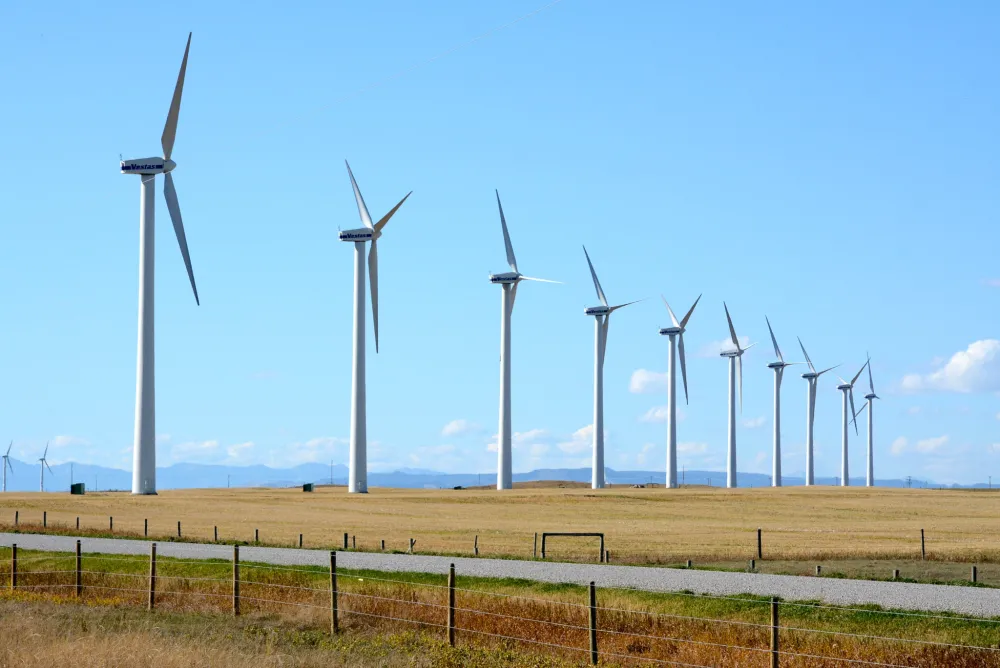It was like asking people to pitch in to help clear snow in a clogged alley and expecting maybe 10 to show up. But instead, you get 50 and before you know it, they’ve cleared the alleys on every block in the neighbourhood and they’re still looking for more to do.
Sometimes you just don’t know how much interest is out there for an idea until you issue a challenge and set a target.
When the Business Renewables Centre-Canada (BRC-Canada) was founded in 2019, we set what we thought was an ambitious goal of securing two gigawatts (GW) worth of corporate renewable energy deals by 2025. That’s enough energy to power 640,000 homes. Companies in Alberta, armed with the information we gave them about purchasing renewable energy directly from developers, put their backs into it and made it look like a light lift. In May 2022, they cleared the target – three years ahead of schedule.
Alberta gained 4,500 jobs and $3.75 billion in investment in the process. Not to mention the progress these projects make in bringing the province closer to a net-zero electricity grid. Canada has, after all, committed to achieve a net-zero electricity grid by 2035.
So this time we’ve set a target five times higher – 10 GW by 2030. But this target is Canada-wide. We know there are corporations keen to reduce their emissions by securing renewable energy for their electricity needs outside of Alberta. Many of the companies that signed power purchase agreements in Alberta in the last three years are national or even multinationals – like TELUS, Starbucks, TC Energy, and Amazon.
What locals call the “Alberta Advantage” does not need to be exclusive to that province. In this case, it happens to be the deregulated electricity market which allowed corporations to buy renewable energy directly from developers. But there are certain mechanisms which will allow renewable energy procurement in other provinces like Ontario, Saskatchewan, New Brunswick and Nova Scotia – the latter province having already taken the biggest steps toward adopting such a mechanism.
We built the 10 GW goal by setting targets for these specific four provinces, plus Alberta. Their electrical grids, on balance, still emit greenhouse gases, so it is attractive to decarbonize there because it offsets emissions. Companies are responding to a demand for decarbonization from shareholders, governments, and investors. Supporting construction of renewable energy projects and sourcing their electricity directly from the developers is a highly effective way for companies to reduce their carbon footprint. And because companies are keen to pursue these low-cost emissions reduction measures, jurisdictions that enable them to procure renewable energy are more attractive to host the companies’ next investment in new or expanded operations.
It's going to be hard work to hit 10 GW, but we’re ready for the challenge. We want to share Alberta’s renewable energy boom with the rest of Canada and we are ready to help companies, and municipalities, achieve these goals.
Business Renewables Centre-Canada is an initiative of the Pembina Institute.










